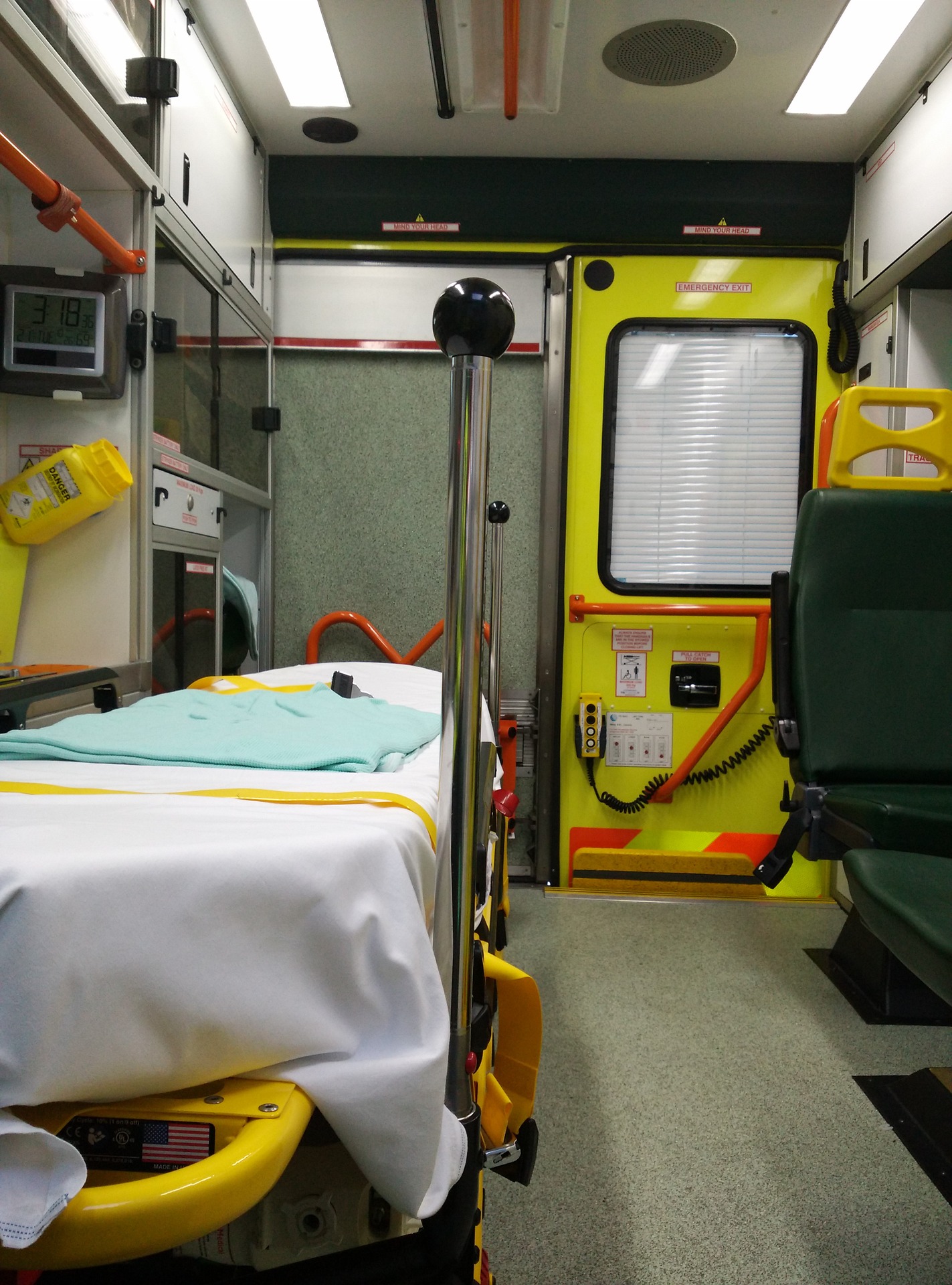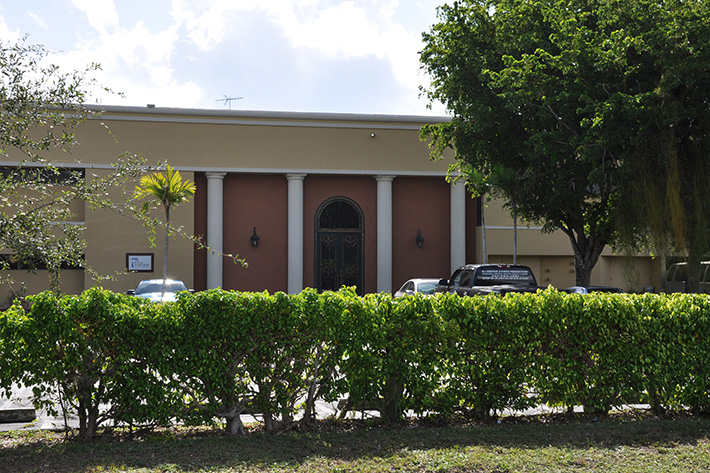How New Opioid Regulations Could Affect Drug Rehab Centers in Connecticut

New state laws went into effect October 1 that could help address the opioid overdose epidemic affecting Connecticut and the U.S. Heroin, oxycodone, and fentanyl are among the opioids plaguing local communities and driving addiction and overdose rates. But lawmakers, residents, and drug rehab centers in Connecticut are hoping the new laws can help curb opioid use and reduce the amount of overdose deaths associated with opioid addiction.
If you or someone you care about is struggling with opioid addiction, don’t hesitate to get help right away. Call our confidential helpline at 888-414-2380 to learn more about local drug rehab centers in Connecticut that can successfully help you or your loved one overcome addiction.
Connecticut’s New State Laws Surrounding Opioid Use

Emergency medical services in Connecticut are now required to carry medications to prevent opioid overdose.
House Bill 5053 prohibits drug prescribers from issuing opioid drug prescriptions for more than a seven-day supply to minors or adults for first time use. In most cases, prescriptions for opioid painkillers are meant to be temporary and not ongoing due to the highly addictive nature of this potent drug class. This new law could help prevent first-time opioid users from forming dependencies on the medication.
House Bill 5053 also addresses the use of opioid antagonists or antidote medications that can help save lives in the event of overdose. The new law allows any licensed healthcare professional to administer opioid antagonists to individuals at risk for dying from an overdose without civil or criminal liability. Naloxone is one such opioid antagonist that can revive opioid addicts who have overdosed.
Lastly, House Bill 5053 prohibits health insurance policies from requiring prior authorization for opioid antagonists, given how these drugs can help save lives. Local emergency medical services throughout Connecticut will also be required to carry opioid antagonists such as naloxone, and learn how to administer the drug properly to prevent opioid overdose deaths.
Treating Opioid Addiction at Drug Rehab Centers
The new state laws under House Bill 5053 could help reduce opioid use and addiction, and improve public safety across Connecticut communities. Increased access to naloxone can save the lives of struggling opioid addicts and give them second chances at achieving sobriety with help from local drug rehab centers. Limited access to opioid painkillers could mean fewer problems with addiction, and fewer deaths that take the lives of loved ones with addiction problems.
Opioid addicts who seek help at drug rehab centers can gain access to medication-assisted treatments that help users stop taking opioids without experiencing severe withdrawal symptoms. Medication-assisted treatments often involve the use of drugs such as methadone and buprenorphine, synthetic prescription opioids that help keep addicts stabilized throughout treatment. These medications are effective at reducing opioid cravings and withdrawal symptoms, while mirroring the effects of opioids without producing the same euphoric high.
In addition to using medication to address opioid addiction, drug rehab centers offer counseling and therapy sessions aimed at addressing underlying causes of addiction. Patients also benefit from recreational therapies that allow them to bond with other recovering addicts, and receive education courses on how to overcome addiction. Following opioid rehab treatment, patients return to their lives with a new sense of purpose, and feel happier, healthier, and more confident.
If you’re struggling with opioid addiction and live in Connecticut, understand that it’s never too late to get help. Call our confidential helpline at 888-414-2380 to learn more about drug rehab centers in Connecticut that can successfully help you achieve lifelong sobriety.
